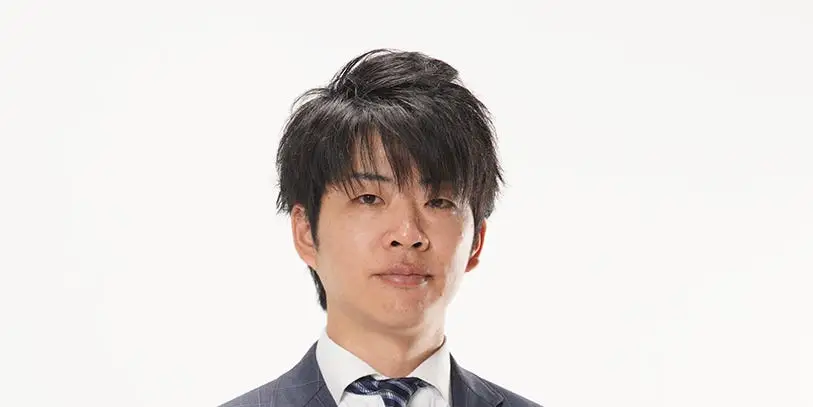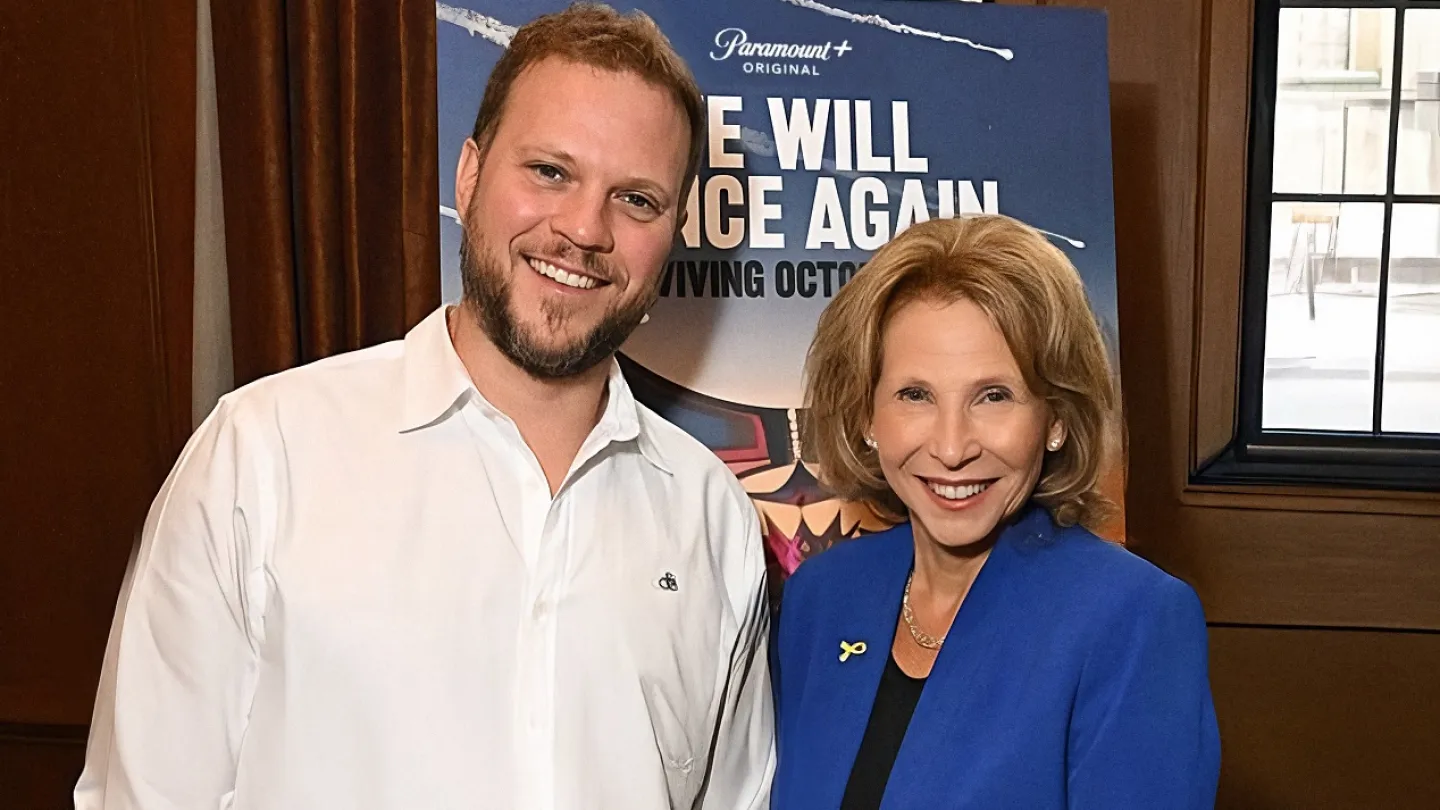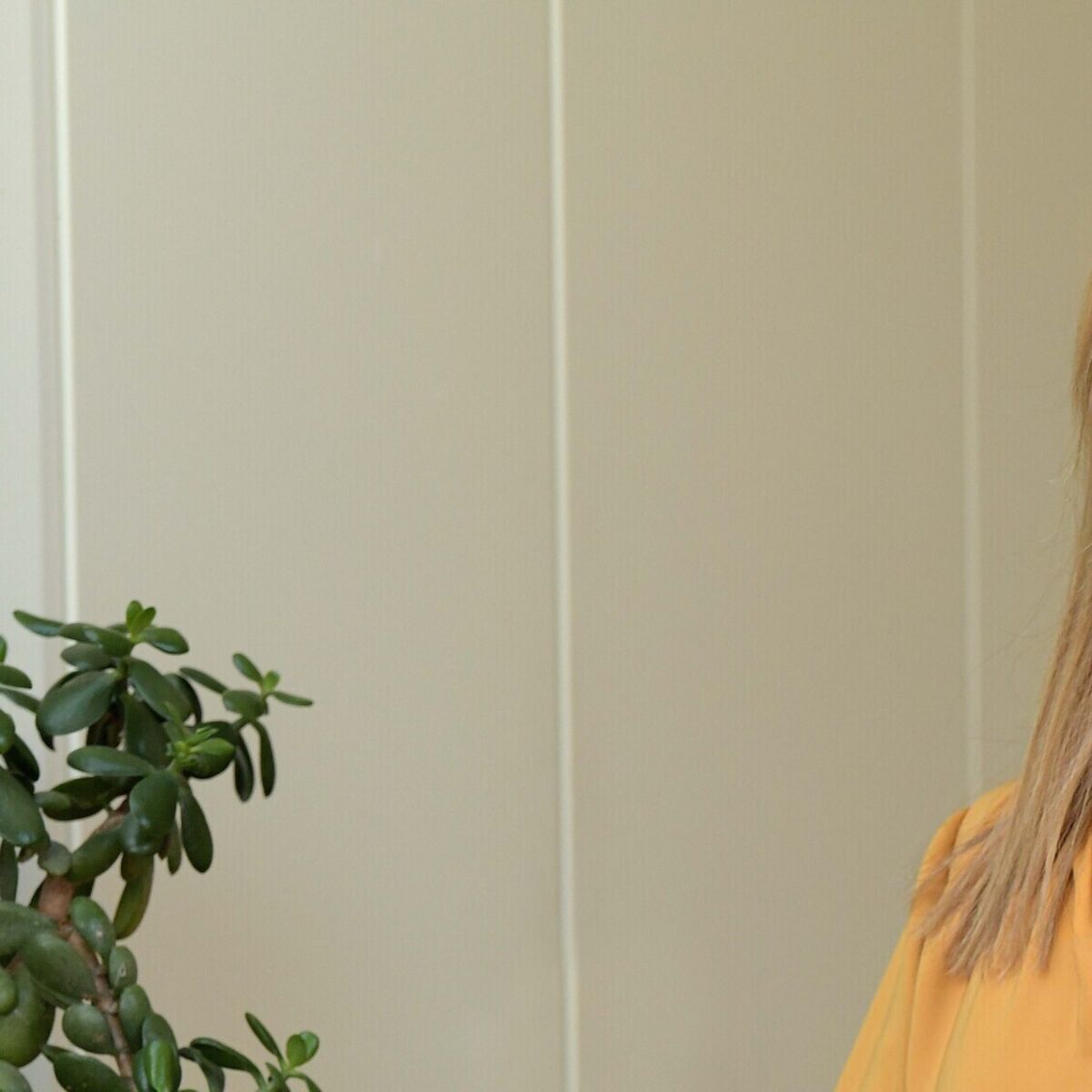
This as-told-to essay is based on conversations with Reiji Kobayashi, a Japanese startup founder based in Bengaluru, India. The essay has been edited for length and clarity.
I’ve always been an entrepreneur. I dropped out of university before my final year to launch a web marketing business in Japan. I sold the company, started learning about the real estate business, and launched a share house company. After leaving that company, I moved to Kenya in 2018, where I had traveled in college, to launch a startup.
My first year in Kenya was a nightmare. I had built and sold several businesses at that point, but still struggled to raise money from external investors for a new startup. After a while, I decided to put in my own money and launch a startup called Hakki. I built a microfinancing platform for people who wanted to buy cars because Kenya seemed to have a lack of credit options.
After working on Hakki for six years, where we financed over 3,500 cars, growth in Kenya seemed limited. Africa has about 1.4 billion people, but they are scattered. Kenya only has about 50 million people. India, with its 1.3 billion people and rapidly growing economy, felt like the next best target market for us.
Life in Bengaluru
I moved to Bengaluru in 2024 to expand the company in India. We now have four employees based in India, 74 in Kenya, and two in South Africa, where we also have a presence. Our headquarters is in Japan, where most of our fundraising has happened, and we aim to go public in the Japanese market in 2028.
There are a lot of things I like about living in Bengaluru. For one, I like to wear casual T-shirts instead of suits, and Bengaluru’s weather is stable and comfortable.
The people are kind, have lots of energy, and are positive about the future, which I really like. That’s not the case in Japan, where, because of the aging population, people are worried about the economy and the future of the country.
I have a group I play football with every evening after work. I’ve also made some friends I watch cricket matches with, accompanied by alcohol and chicken, which was surprising to me because I always thought most Indians are vegetarian.
Related stories
Business Insider tells the innovative stories you want to know
Business Insider tells the innovative stories you want to know
There are challenges too. I don’t like the spicy food and haven’t gotten used to it, so I spend most of my time eating noodles I bring over from Japan.
Founder-friendly market
The way business is done in India is very different from Japan, too. Indians have the attitude to try or take up something challenging without needing accurate projections of what will happen. Japanese businesses spend a lot of time in meetings and making sure everything is done with the consensus of the majority of the people. Investment decisions move much faster in India than in Japan.
India also feels like a much friendlier market for startups because people are open to trying new products and don’t get suspicious of new companies that may be offering a cheaper solution than existing brands.
The people are hardworking. We’ve hired four Indian employees, and I’m surprised to say that they work more than me. They come into the office at 9 a.m. and easily work until 9 p.m. Even our company driver is up early in the morning and available with the car until midnight, which I was not expecting.
I may have to move out of India in a few months to expand the company in other countries like Thailand. But I’m commited to growing the startup here and having a big presence in India. I plan to travel back and forth and can see myself moving back to India again.



